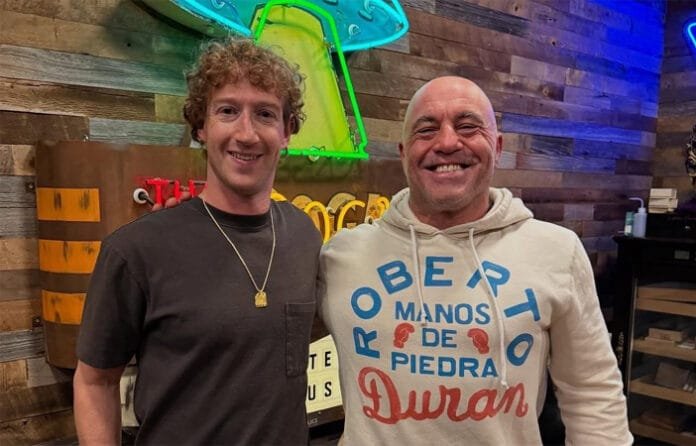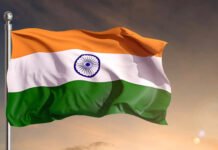Mark Zuckerberg’s Shocking Revelation: Attempt to Have Him Hanged in Pakistan Over Blasphemy Case
In a startling disclosure, Mark Zuckerberg, CEO of Meta, revealed that an attempt was made to have him sentenced to death in Pakistan due to content on Facebook that was deemed blasphemous. Speaking on The Joe Rogan Experience podcast, Zuckerberg shared how he became entangled in Pakistan’s strict blasphemy laws, highlighting the legal and security challenges faced by global tech leaders.
Zuckerberg stated that he has no plans to visit Pakistan and is not overly concerned about the ongoing case. However, his remarks shed light on the growing influence of governments over tech companies, particularly in regions where laws on freedom of speech conflict with local religious and cultural beliefs.
Mark Zuckerberg: There was someone trying to have me sentenced to death in Pakistan for blasphemy. They opened criminal proceedings against me. I don't know when, I'm just not planning to go to Pakistan, so I'm not worried about it. pic.twitter.com/er8Fx9Rp93
— PREM.⚡️ (@TweetsOfPR) February 10, 2025
The Origins of the Legal Controversy
The controversy dates back to 2010, when Facebook became embroiled in global outrage over an event called “Everybody Draw Mohammed Day.” The event encouraged users to create and share depictions of the Prophet Muhammad, a practice considered deeply offensive in Islam.
This triggered massive protests in Pakistan and led to the country temporarily banning Facebook. More critically, a legal case was filed against Zuckerberg, accusing him of blasphemy, a crime punishable by death under Pakistan’s strict penal code.
What Zuckerberg Said About the Case
During the podcast, Zuckerberg explained:
“There was a point at which someone was trying to get me sentenced to death in Pakistan because someone on Facebook had posted a picture of Prophet Muhammad. They claimed it was blasphemy and sued me, leading to criminal proceedings.”
Although the case did not result in immediate legal action against him outside Pakistan, the implications were serious enough to raise security concerns for the Meta CEO.
Pakistan’s Blasphemy Laws: A Global Concern
Pakistan enforces some of the world’s most severe blasphemy laws, with capital punishment as the maximum penalty. These laws have often been criticized internationally for being vague and open to misuse.
Over the years, several individuals in Pakistan have been sentenced to death or lynched over accusations of blasphemy, even before a court ruling.
Past Cases of Global Tech Giants Facing Blasphemy Allegations
Zuckerberg’s ordeal is not unique. Several social media executives and tech companies have faced legal threats in Pakistan over content deemed offensive.
- In 2020, Pakistan’s telecom regulator temporarily banned TikTok over allegations of “immoral and blasphemous content.”
- In 2017, a Pakistani man was sentenced to death for allegedly posting blasphemous content on Facebook.
- In 2018, Pakistan’s Supreme Court overturned the death sentence of Asia Bibi, a Christian woman accused of blasphemy, which led to violent protests across the country.
Zuckerberg’s case further underscores the difficulties tech companies face in balancing free speech with local laws.
Zuckerberg’s Concerns Over Personal Safety
Zuckerberg admitted that the case raised personal security concerns for him.
“It was a bit disturbing. I was thinking, ‘Okay, this is how things are in some places.’ It’s not great if you’re flying over that area. You wouldn’t want your plane to pass over Pakistan.”
This remark underscores how geopolitical risks influence the movement and decisions of high-profile business leaders.
The Role of the U.S. Government in Protecting American Tech Companies
Zuckerberg also highlighted the increasing interference of governments in regulating social media platforms.
He pointed out that the U.S. government needs to step in and help protect American tech companies operating abroad.
“Governments are becoming more involved in tech regulation, sometimes in ways that conflict with free speech. The U.S. must ensure its companies are protected globally.”
His statement comes at a time when several countries, including China, India, and Russia, have imposed strict content regulations on Western tech giants.















